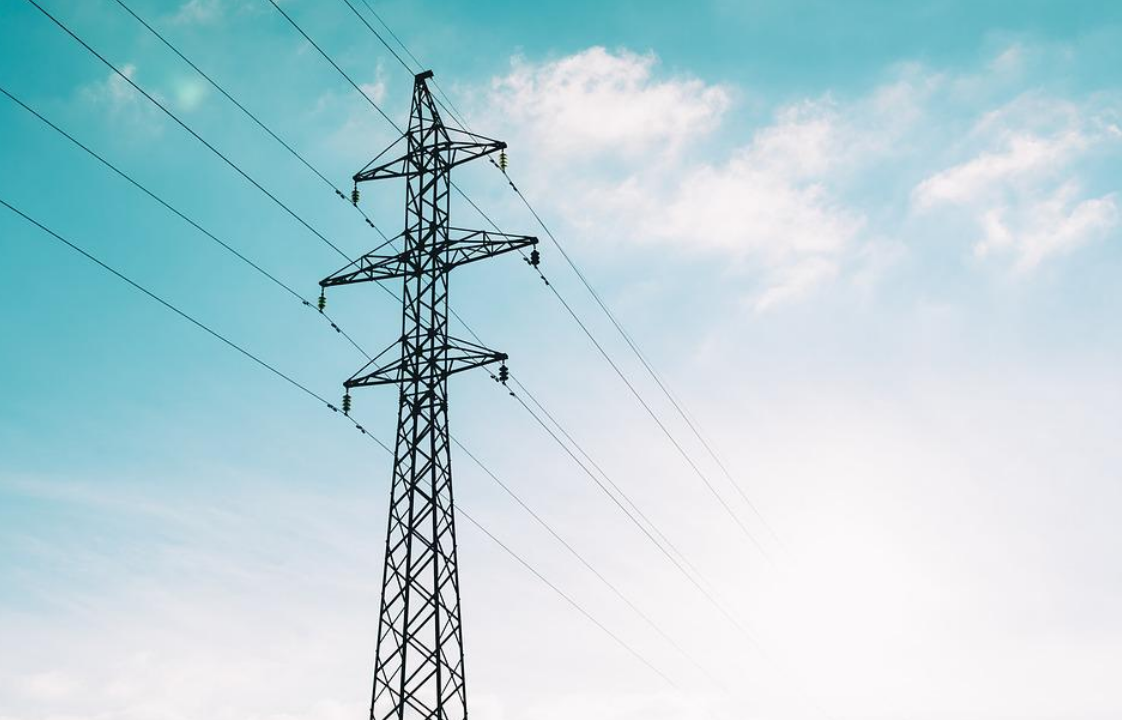An amber alert for Ireland’s electricity system is set to remain in place until this evening (Wednesday, August 10), EirGrid has confirmed.
It is the second day in a row that such a warning has been issued by the Single Electricity Market Operator (SEMO), which is operated by EirGrid, in response to tight margins in the power system.
Although such an alert does not indicate a loss of supply to customers, it means that the buffer between the demand for electricity and the available supply is less than the optimum level.
EirGrid explained that the reasons for such a system alert are low wind, limited electricity imports and forced outages at a number of generators.
Just over one third of conventional generation is currently unavailable out of a total capacity of 6.3 gigawatts.

It is anticipated that the situation will improve today as some generators return to service.
A similar alert was issued yesterday (Tuesday, August 9) afternoon and lifted later in the evening.
“We are closely monitoring the situation in the short term, working with conventional generators and demand-side resources to maximise their availability to the grid,” an EirGrid spokesperson said.
The company is also working with the Commission for Regulation of Utilities (CRU), and the Department of Environment, Climate and Communications (DECC) on solutions to address security of supply in the medium to long term.
Meanwhile, concerns have been raised in the UK about the possibility of energy blackouts this winter for businesses and even households.
A government plan has outlined that cold weather combined with gas shortages could lead to rationing of electricity supplies.
Last month, European Union energy ministers signed off on a voluntary target to reduce gas use by 15% in Europe between August and March.
The voluntary reductions could become legally binding in the event of a supply emergency, subject to approval from a majority of member states.
The EU commission previously warned that the EU faces the risk of further gas supply cuts from Russia; almost half of member states are already reporting a reduction in deliveries.
